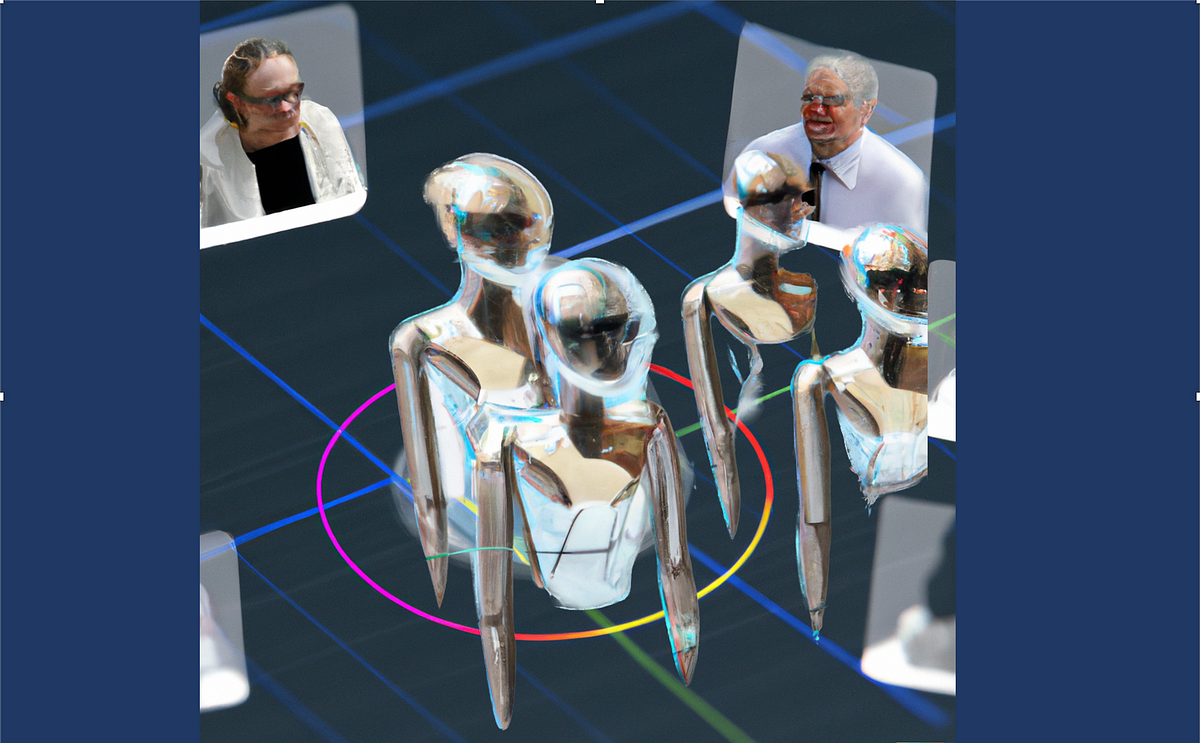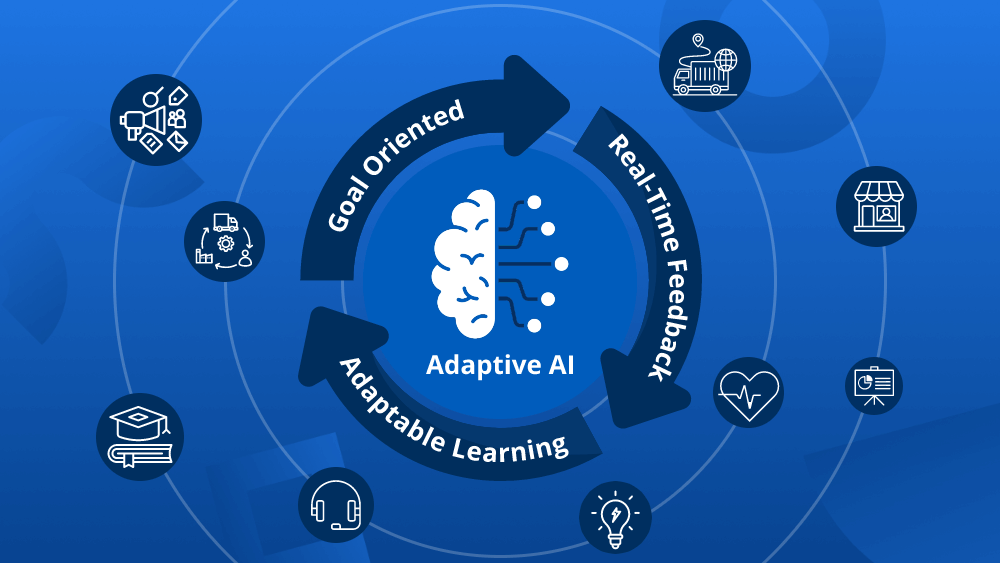Creating visual content using AI algorithms has become a cornerstone of modern technology. AI-generated images (AIGIs), particularly those produced via Text-to-Image (T2I) models, have gained prominence in various sectors. These images are not just digital representations but carry significant value in advertising, entertainment, and scientific exploration. Their importance is magnified by the human inclination to perceive and understand the world visually, making AIGIs a key player in digital interactions.
Despite the advancements, the consistency of AIGIs poses a significant hurdle. The crux of the problem is the uniform refinement approach applied across different quality regions of an image. This one-size-fits-all methodology often degrades high-quality areas while attempting to enhance lower-quality regions, presenting a nuanced challenge in the quest for optimal image quality.
Previous methods that enhance the quality of AIGIs have approached them as natural images, relying on large-scale neural networks to restore or reprocess them through generative models. These methods, however, need to pay more attention to the diverse quality across various image areas, resulting in enhancements that are either insufficient or excessive and thus failing to improve image quality uniformly.
The introduction of Q-Refine by researchers from Shanghai Jiao Tong University, Shanghai AI Lab, and Nanyang Technological University marks a significant shift in this landscape. This innovative method employs Image Quality Assessment (IQA) metrics to guide the refinement process, a first in the field. It uniquely adapts to the quality of different image regions, utilizing three separate pipelines specifically designed for low, medium, and high-quality areas. This approach ensures that each part of the image receives the appropriate level of refinement, making the process more efficient and effective.
Q-Refine’s methodology combines human visual system preferences and technological innovation. It starts with a quality pre-processing module that assesses the quality of different image regions. Based on this assessment, the model applies one of three refining pipelines, each meticulously designed for specific quality areas. For low-quality regions, the model adds details to enhance clarity; for medium-quality areas, it improves clarity without altering the entire image; and for high-quality regions, it avoids unnecessary modifications that could degrade quality. This intelligent, quality-aware approach ensures optimal refinement across the whole image.
Q-Refine significantly elevates both the fidelity and aesthetic quality of AIGIs. This system has shown an exceptional ability to enhance images without compromising their high-quality areas, a feat that sets a new benchmark in AI image refinement. Its versatility across images of different qualities and its ability to enhance without degradation underscores its potential as a game-changer.
Conclusively, Q-Refine revolutionizes the AIGI refinement process with several key contributions:
- It introduces a quality-aware approach to image refinement, using IQA metrics to guide the process.
- The model’s adaptability to different image quality regions ensures targeted and efficient enhancement.
- Q-Refine significantly improves the visual appeal and practical utility of AIGIs, promising a superior viewing experience in the digital age.
Check out the Paper. All credit for this research goes to the researchers of this project. Also, don’t forget to follow us on Twitter. Join our 36k+ ML SubReddit, 41k+ Facebook Community, Discord Channel, and LinkedIn Group.
If you like our work, you will love our newsletter..
Hello, My name is Adnan Hassan. I am a consulting intern at Marktechpost and soon to be a management trainee at American Express. I am currently pursuing a dual degree at the Indian Institute of Technology, Kharagpur. I am passionate about technology and want to create new products that make a difference.


